Press releases
40 years after the whaling ban – whales continue to die
Read moreHow to help protect endangered species

But there are things we can do to help. Individuals committed to conservation can take collective action to protect endangered species from extinction. Here we explore some practical strategies that you can implement in your daily life to protect endangered wildlife.
Conservation efforts don’t just have to be spearheaded by large organisations—individuals can make a difference, too. The choices we make in our day-to-day lives can have a positive impact on threatened species.

Choosing cruelty-free alternatives helps reduce the demand for goods that contribute to the endangerment of species. Avoid buying products made from animal skins, scales, ivory, or other endangered animal products.
Though it can seem like a personal choice that only affects you, you directly contribute to wildlife conservation by actively purchasing from sustainable sources.
If enough people make these choices, businesses will be encouraged to adopt ethical practices and invest in more sustainable alternatives.
Using your voice to bring attention to the plight of endangered species educates others and builds support for conservation causes.
This can be as simple as talking to your friends and sharing resources or links on social media, along with attending events, signing petitions, and writing to elected officials.
Not sure where to start? We have a list of active petitions that you can sign to help ensure your voice is heard—from helping to save North Atlantic right whales from extinction to forming a national biodiversity strategy.
Ensuring that you properly dispose of waste and recyclables can play a huge part in protecting the environment and animal populations. Recycling plays a pivotal role in breaking the cycle of plastic pollution by diverting materials from landfills and ensuring that plastics don’t end up endangering wildlife through ingestion or entanglement.
Beyond proper recycling, try to use alternatives to plastic products (especially single-use plastics). Products like metal straws instead of plastic ones, beeswax wraps instead of cling film, and reusable water bottles can all make a difference.
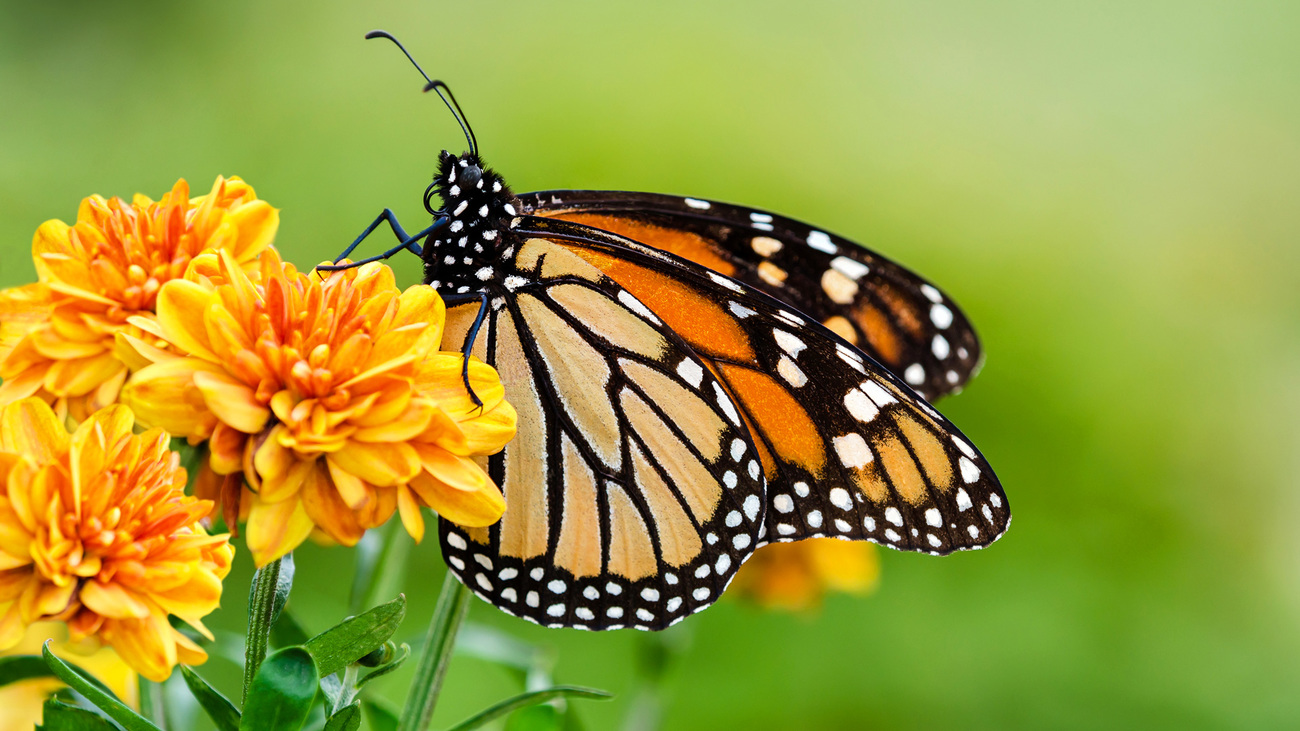
Empower yourself through knowledge. By learning more about wildlife and endangered species —and then sharing that knowledge with others—you can create a ripple effect of awareness.
IFAW is all about educating, sharing knowledge, and promoting collective action. Our blog is a great place to start if you want to learn more about conservation and endangered species. Learn more about endangered wildlife in Africa, Europe, Asia, Australia, North America, and South America, or take a look at our list of the world’s most endangered mammals or birds.
Supporting conservation organisations is a great way to protect endangered species. Donations provide crucial funding for research, habitat protection, wildlife rescue, and species recovery programmes.
If you’re not in a position to provide financial support, there are other ways you can support conservation efforts. Identify organisations dedicated to causes you care about, follow them on social media, and reshare their posts. This helps to amplify their reach and spread awareness. You can also look for volunteering opportunities at conservation organisations and wildlife centres in your local community.
Through these actions, you can support the collective effort to safeguard endangered species.
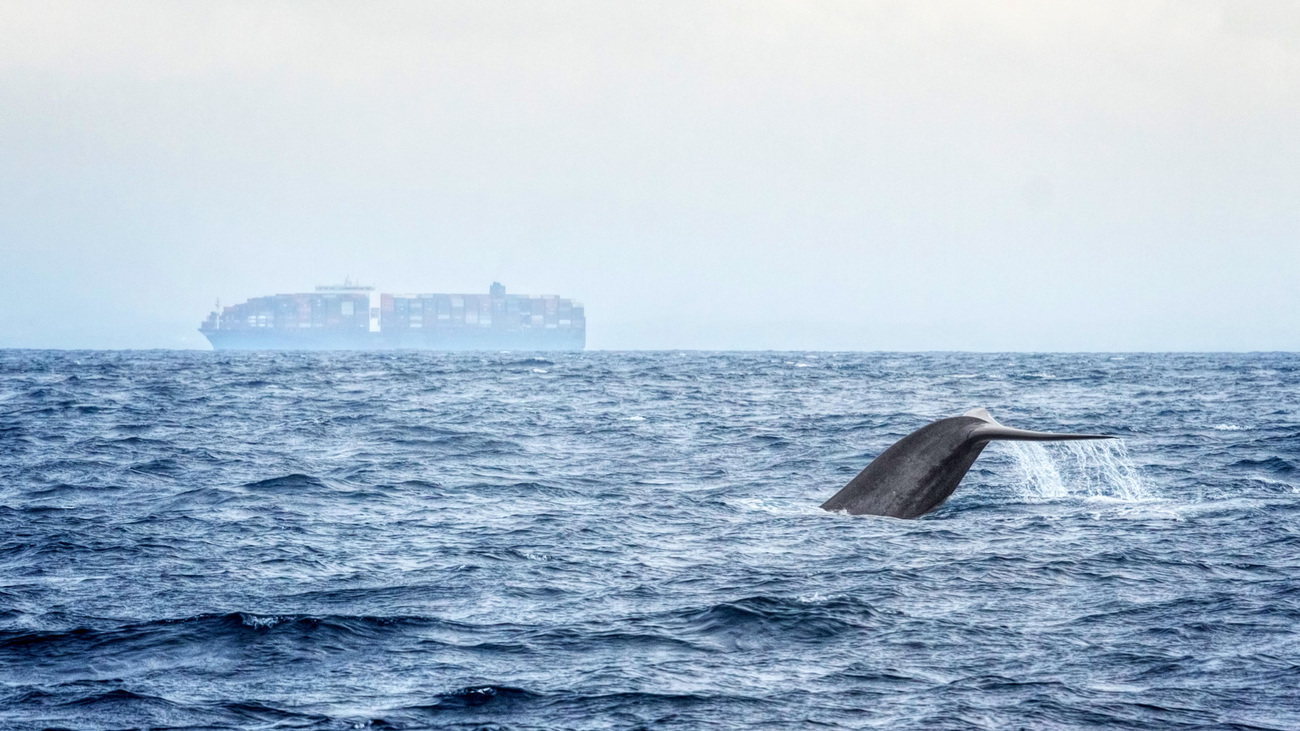
One of the most effective ways to protect endangered species is through policies prioritising animal welfare and conservation. Many animals are already protected by law, and the more we can introduce legislation to protect threatened species, the better.
You can stay informed about relevant legislation and advocate for stronger protections for endangered species. Or try engaging with your local elected officials by expressing concerns and providing input on wildlife-related policies. You can also join or support organisations lobbying for effective conservation policies.
Individuals play a crucial role in protecting endangered species by safeguarding their habitats. Simple actions can make a significant impact, for example:
You should also refrain from disturbing wildlife in your community. If you see a wild animal that appears orphaned or distressed, contact your local wildlife rehabilitation centre for help.
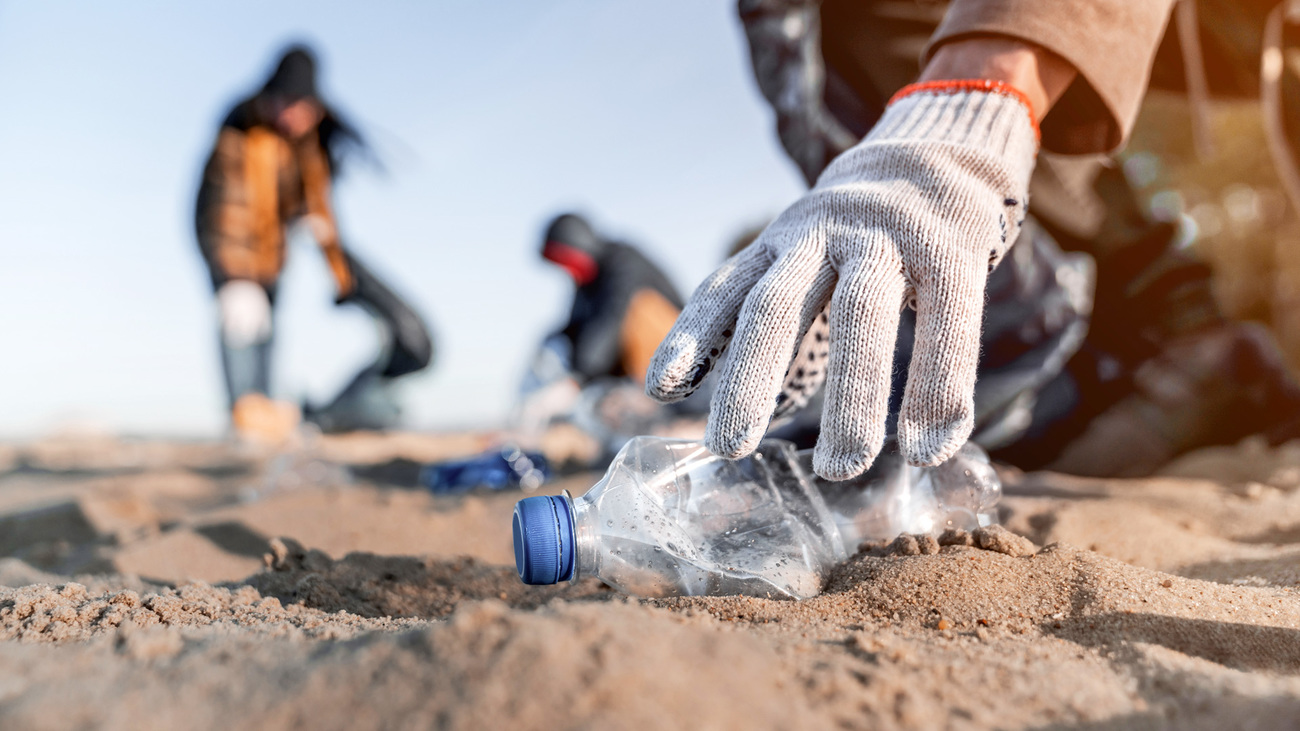
Participating in park, roadside, or beach cleanups is a direct action that can help you contribute to the protection of endangered species. Have a look to see if there are any community- or council-led cleanups in your area.
Removing litter and waste preserves natural ecosystems, prevents harm to wildlife, and raises public awareness about the impact of pollution on endangered species and their habitats.
Organising events like charity walks, auctions, or educational seminars can raise funds for conservation efforts. These events not only generate financial support but also help spread the word about the importance of biodiversity and conservation.
Your event’s funds can be given directly to conservation organisations to support their efforts to conserve biodiversity.
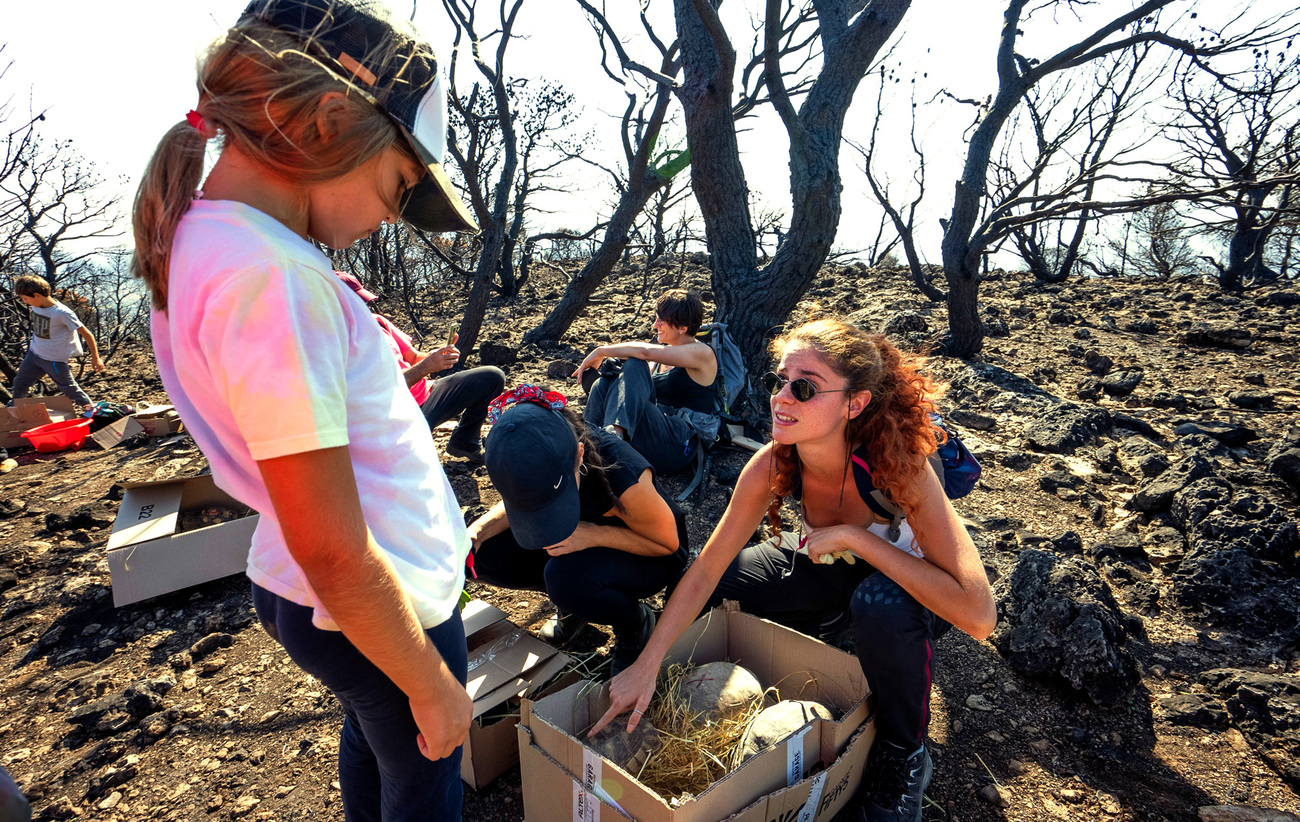
Volunteering at a shelter is a hands-on way to directly contribute to protecting endangered species.
Find an organisation near you dedicated to wildlife rescue and rehabilitation and inquire if they’re open to volunteers. By dedicating your time and skills to these organisations, you can help with the care of animals while also learning more about the cause.
If you have a garden, avoid using pesticides on your plants and vegetables. Opting for natural and eco-friendly pest control methods helps maintain a balanced ecosystem without harming non-target species. Planting native vegetation that attracts natural predators can also reduce the need for chemical interventions.
For more information, you can speak with workers at your local garden centre to find a solution that will protect your harvest without harming native wildlife around your home.
The next time you take a trip, avoid booking a package holiday and instead think a bit more deeply about ways you can travel sustainably to help reduce the negative impact of tourism on ecosystems.
This can include wildlife tourism, like safaris or whale watching, but make sure you look into tour operators that prioritise conservation and animal well-being.
Here are some ideas to make your trips more sustainable:
If you’re a boat owner or driver, it’s essential to always follow vessel speed rules. This isn’t just for your safety—it also protects marine life below the surface.
Strict ocean speed limits help protect whales and dolphins, whose navigation and communication can be disrupted by loud ocean traffic. Faster speeds are also linked to vessel strikes, which can be fatal for animals in the ocean.
Urbanisation of natural habitats may be inevitable in some places, but it can cause habitat fragmentation for already vulnerable wildlife populations. For example, fences that mark land boundaries can become obstacles to animals looking to move around their habitats.
You may not realise that individuals can take action to help prevent fragmentation or even re-connect habitats. For example, you can plant hedges or native trees in your yard instead of building fences.
Making your home as wildlife-friendly as possible is especially important if you live in a rural or suburban area. You can do many small things that will have a big impact on local wildlife. For example, you can:
Next time you have a day or a long weekend off, take the time to visit a national park, wildlife refuge, or protected area. These places provide safe habitats for thousands of endangered species. While you get the chance to experience and enjoy nature, you’re also financially supporting the park, helping them continue their good work.
Plus, the more people who visit these parks, the more likely governments are to fund them.
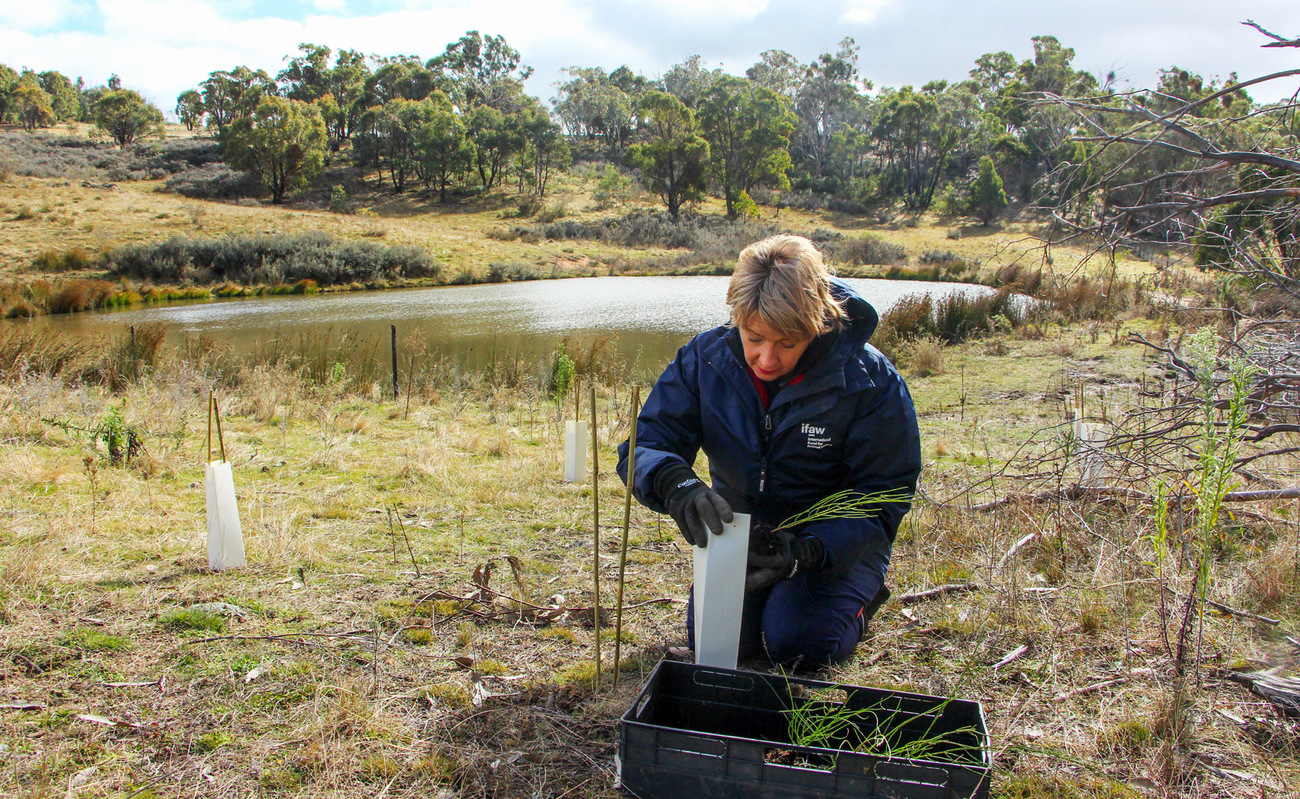
Protecting endangered species is necessary for the ongoing health of our planet’s ecosystems.
Organisations like IFAW need help from people like you who are committed to helping endangered animals. Embracing sustainable practices, helping us advocate for policy change, and supporting our conservation efforts are ways you can help endangered species worldwide.
Our work can’t get done without you. Please give what you can to help animals thrive.
Unfortunately, the browser you use is outdated and does not allow you to display the site correctly. Please install any of the modern browsers, for example:
Google Chrome Firefox Safari